Exact Answer: 24 to 72 Hours
Appendicitis is a medical condition that is caused as a result of an inflamed or swollen appendix. An appendix is a small body organ located at the lower right-hand side of the body. It is a narrow pouch of 4 inches that is attached to the large intestine. An appendix is a vestigial organ, which means that the removal of the appendix will not cause any harmful effect on an individual’s life.
There are around 10 million cases of appendicitis per year in the globe. The number is ever-increasing due to unhealthy food habits. People of all age groups are inclined towards fast food, and this has decreased the number of fibers in the diet.
Appendicitis is of two types: acute & chronic. Chronic appendicitis is less fatal & the pain is less severe, with nearly no symptoms for weeks or even months. Acute appendicitis is believed to be a serious disorder and could be fatal.

How Long Would Appendicitis Pain Last?
Acute appendicitis pain occurs within the first 24 hours of the problem. Though, the pain is supposed to last for anywhere between 24 to 72 hours before bursting. The rupturing may take around 2-3 days. Chronic appendicitis pain happens in the lower abdominal region. The pain may exist for weeks, months, or even years in a few cases.
The level of pain is directly related to the intensity & type of appendicitis. Appendicitis pain is believed to be very sudden that begins near the navel. It moves towards the lower right side of the abdomen, where the large intestine is located.
The common symptoms include loss of appetite, nausea, swollen belly, diarrhea, and even low fever. It may also cause a lot of difficulty in sneezing, coughing, or any physical activity like walking. As the pain worsens, difficulty in routine work increases. These symptoms contribute to appendicitis pain. This pain is very sharp and sudden pain that could be unbearable at times.
Appendicitis pain could be mistaken for gastroenteritis as the pain is very similar. Other diseases like constipation, Crohn’s disease, the pelvic infection can also be misunderstood for appendicitis. The majority of times it requires surgery, and in severe conditions, there is no alternative other than that.
There is no particular test to detect appendicitis, and according to the various types of symptoms & pain, tests are conducted. Tests such as complete blood count, pelvic examination, abdominal imaging test are done after the physical exam. Doctors may advise these types of tests as they may help in detecting appendicitis.

| Type of Appendicitis | Time |
| Acute | 24 to 72 Hours |
| Chronic | 1 Week to 2 Years |
Why Would Appendicitis Pain Last So Long?
Chronic appendicitis causes less pain along with no symptoms that may go undiagnosed for weeks or months. Such symptoms may disappear & reappear. The symptoms of chronic appendicitis can be controlled through antibiotics and other medications.
Acute appendicitis requires immediate medical treatment as it comes under an emergency. It causes severe pain, and its symptoms require immediate treatment. A surgery named appendectomy is required to remove the appendix.
If not taken out of the body, the appendix may burst inside. The pain indicates that the appendix should be removed, as the appendix may rupture. The doctor removes the appendix under laparoscopy with a small notch in the navel.

This procedure has proven to be suitable for people of all ages. As the appendix is a vestigial organ, one can easily live without it. Though the appendix helps to fight some infections, its absence doesn’t affect the daily routine of a human being.
Conclusion
Every individual’s body functions differently, so the symptoms vary to a great extent. Depending upon the condition of an individual, required treatment is provided. Unlike other diseases, appendicitis is not hereditary, and cannot be passed on from one generation to another.
Though anyone can experience appendicitis at any point in their lives, people with bad food habits are more vulnerable to it. People who eat healthy fruits and vegetables never contract appendicitis. So, it is advisable to not avoid any pain in the lower abdomen as it could be appendicitis pain. Acute appendicitis can be fatal, and the severe pain can be unbearable.

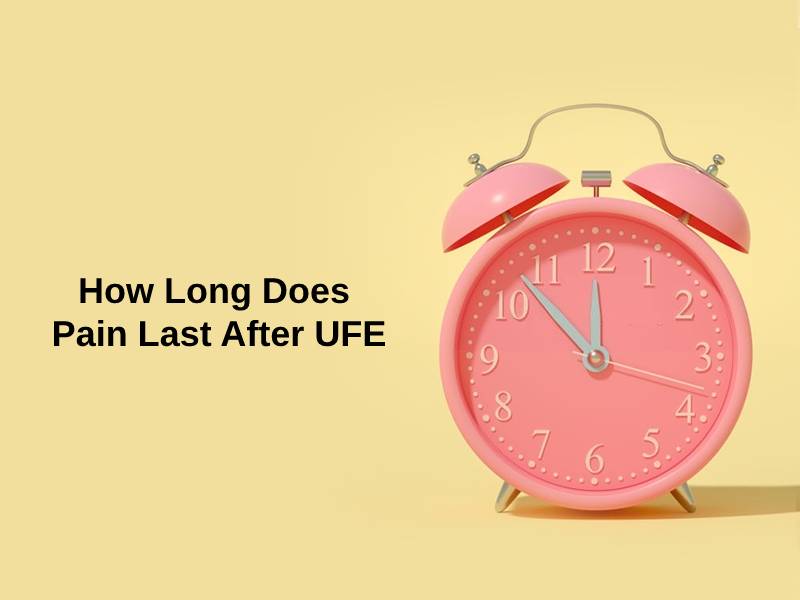

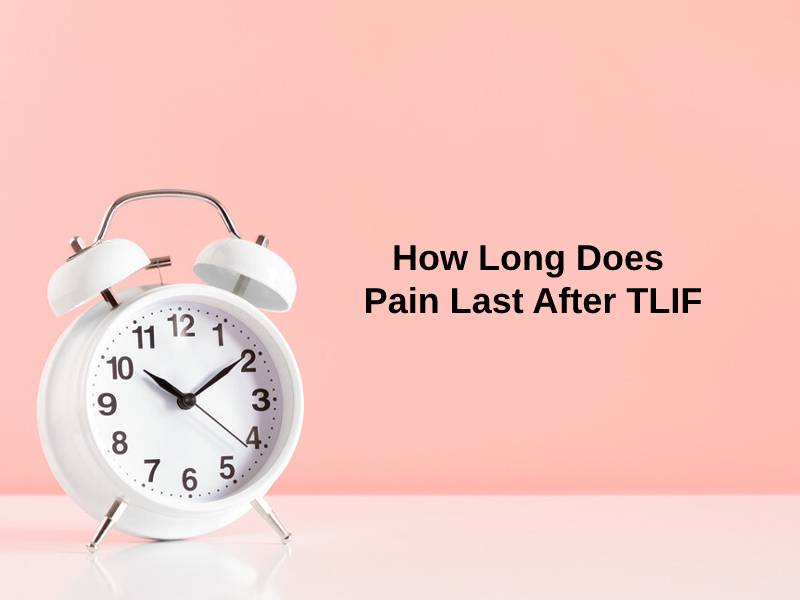
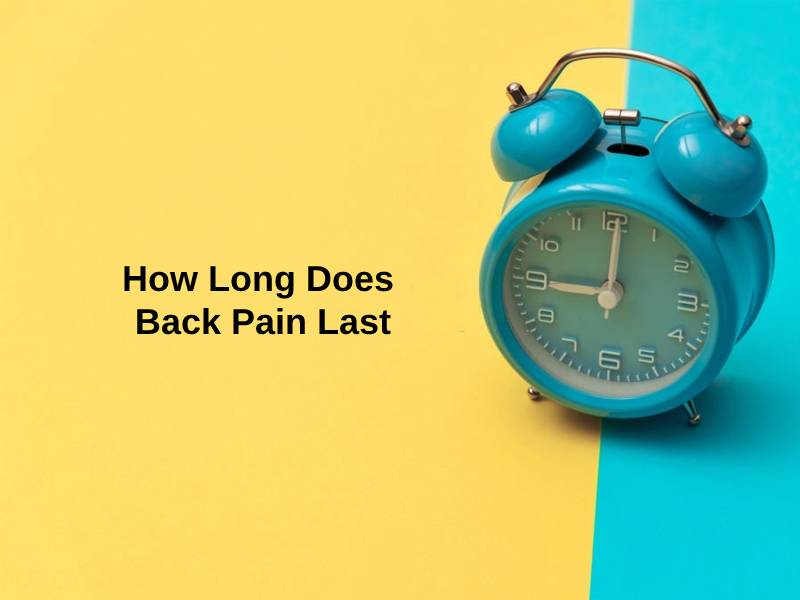
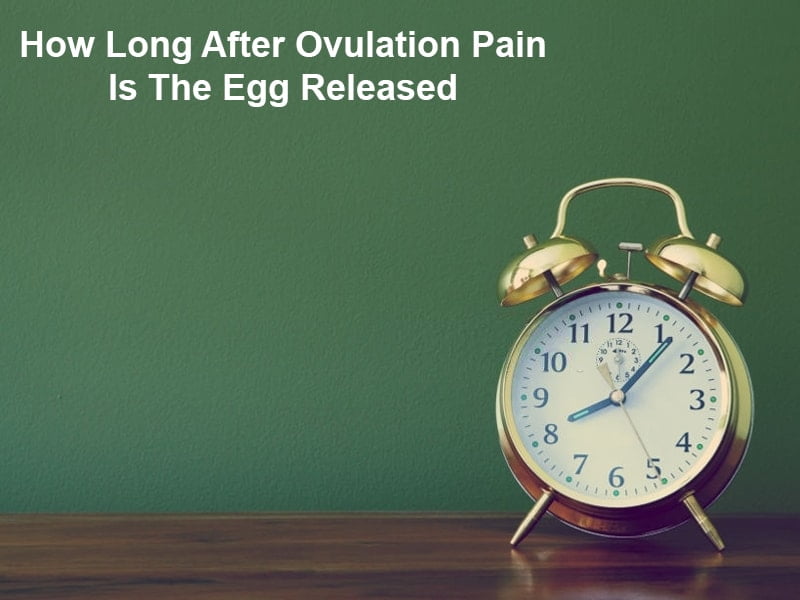
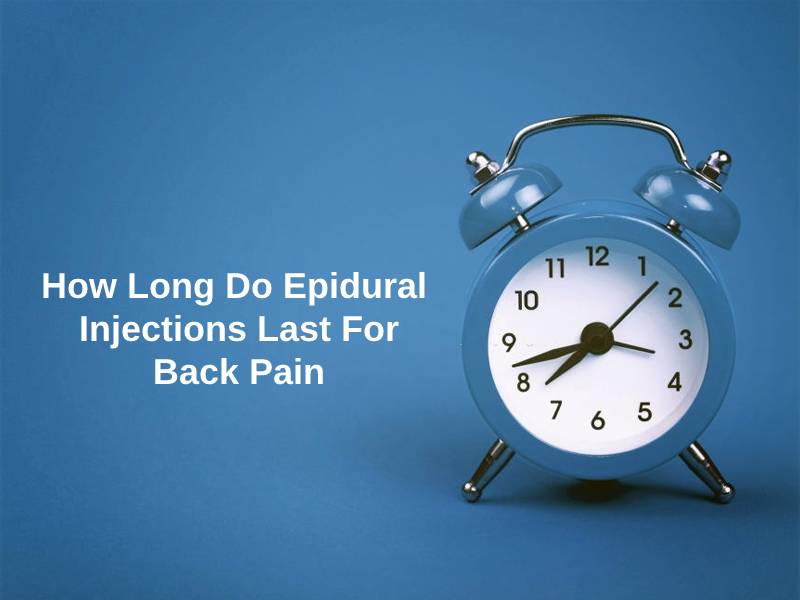





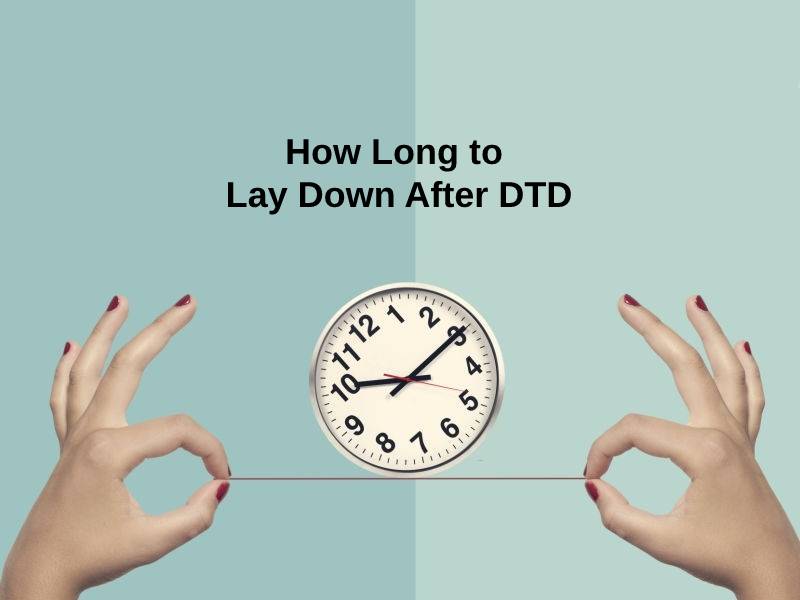
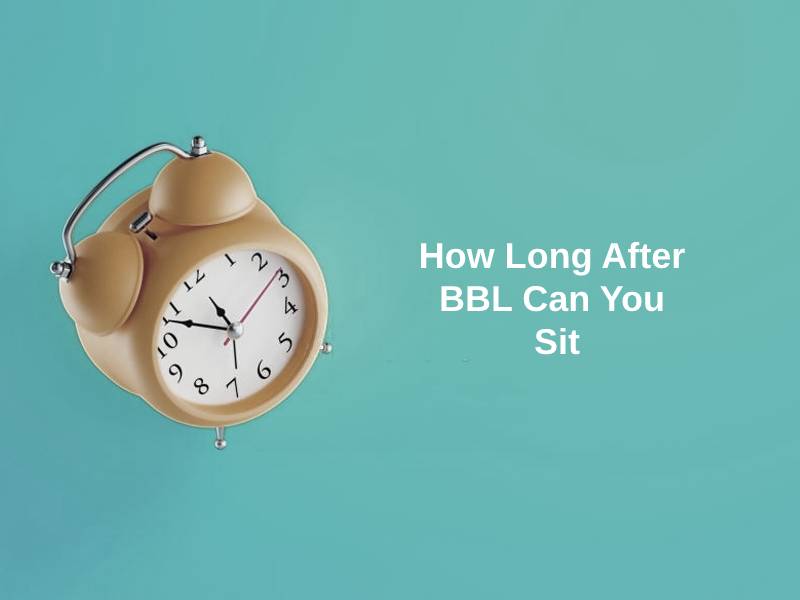
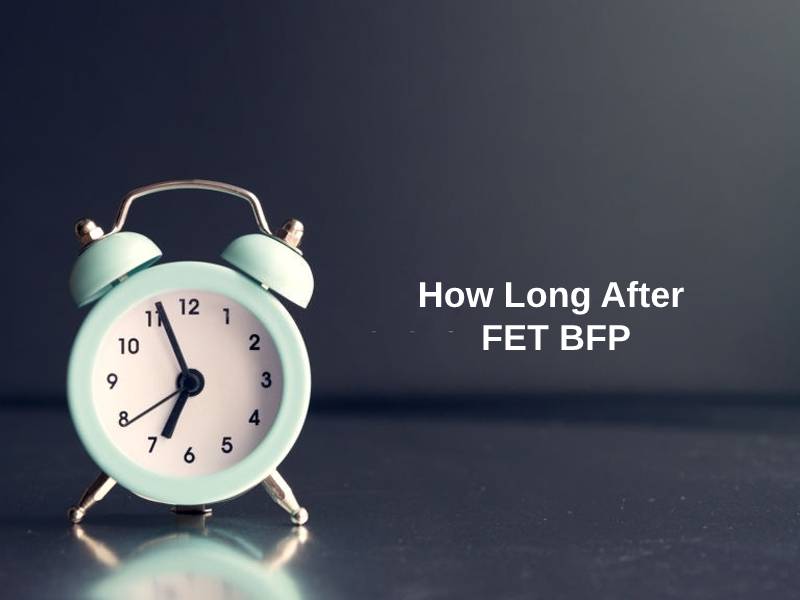
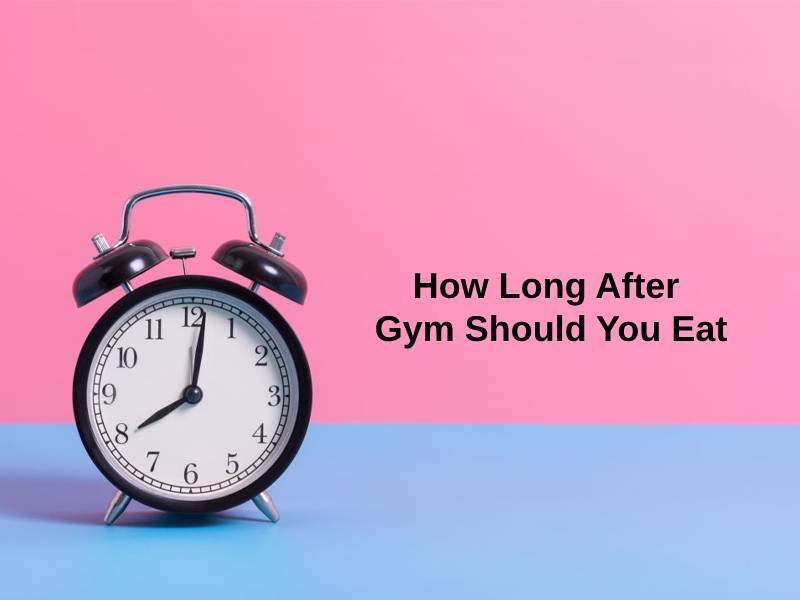
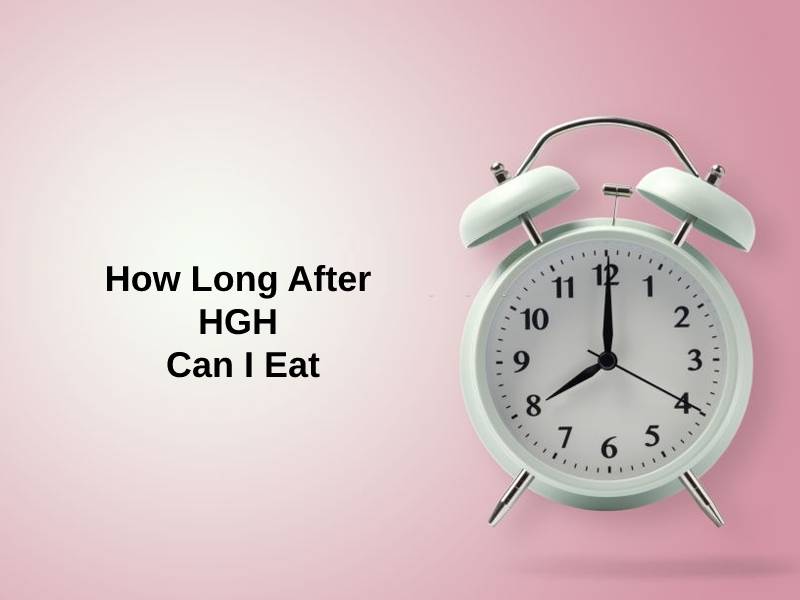
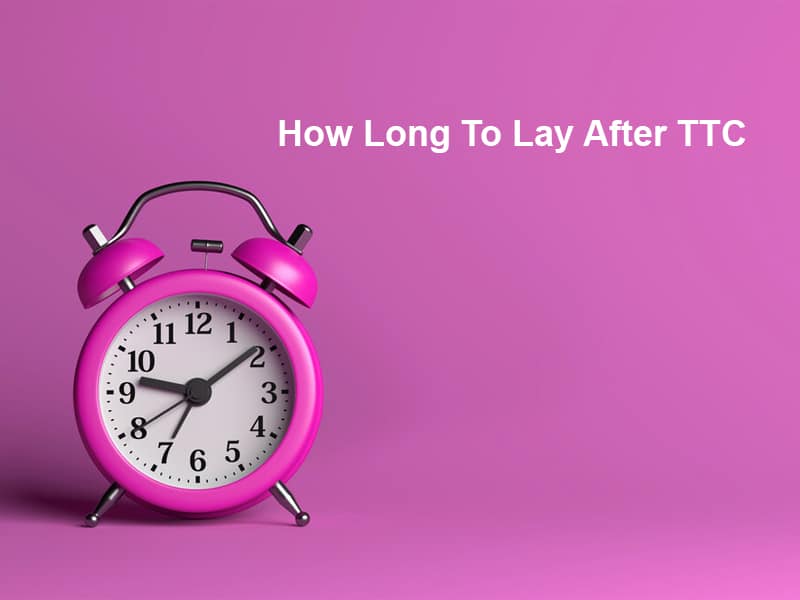

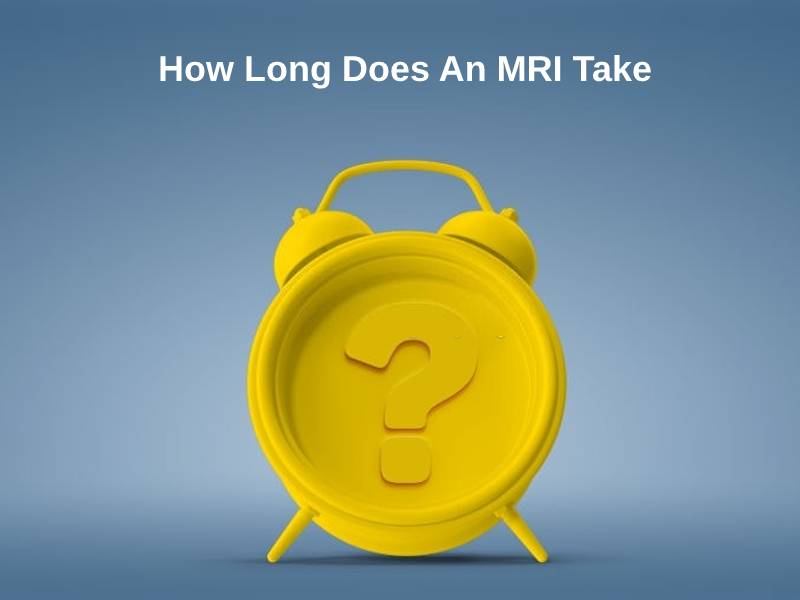
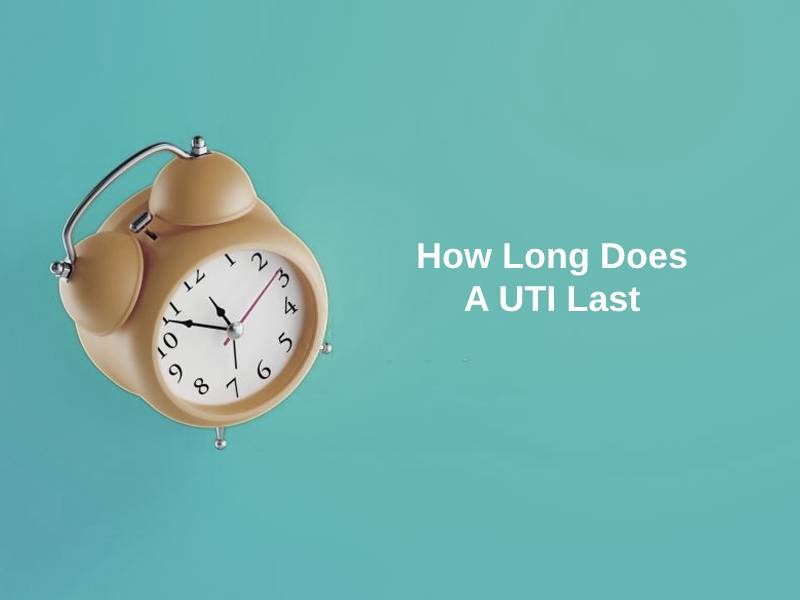
The detailed description of appendicitis and its distinguishing features is commendable.
This is a well-researched exploration of the causes and effects of appendicitis.
The article provides a thorough understanding of the symptoms and diagnostic processes related to appendicitis.
The informative nature of this article offers a valuable insight into the complexities of appendicitis.
The in-depth examination of appendicitis and its ramifications is truly enlightening.
This comprehensive analysis of appendicitis is highly enlightening and informative.
The severity and potential consequences of appendicitis are highlighted in a very informative manner.
This article is a great resource for understanding appendicitis and its impact on health.
The article gives a comprehensive overview of the implications of appendicitis.
The awareness raised by this article regarding appendicitis is commendable.
The article explains the complexities of appendicitis in a clear and concise manner.
The information presented here is enlightening and educative, offering a deeper understanding of appendicitis.
The comprehensive details provided are certainly enlightening and beneficial for readers.
It’s alarming to learn about the potential severity of appendicitis, especially the acute type.
Agreed, the information provided warrants careful attention and awareness of the symptoms.
This is an eye-opening look at the seriousness of appendicitis and its impact on health.
The in-depth coverage of chronic and acute appendicitis is indispensable for understanding the disease.
This article effectively communicates the risks and implications of appendicitis, providing essential knowledge.
The information on the symptoms and types of appendicitis is very clear and well-researched.
I appreciate the attention to detail in explaining the different types of appendicitis.
It’s true! This article provides extensive details on appendicitis.
The article is a valuable source of information for understanding the duration of appendicitis pain and its implications.
It’s important to realize the significant impact of appendicitis pain and its lasting effects.
This post sheds light on the critical nature of appendicitis and the importance of timely medical intervention.